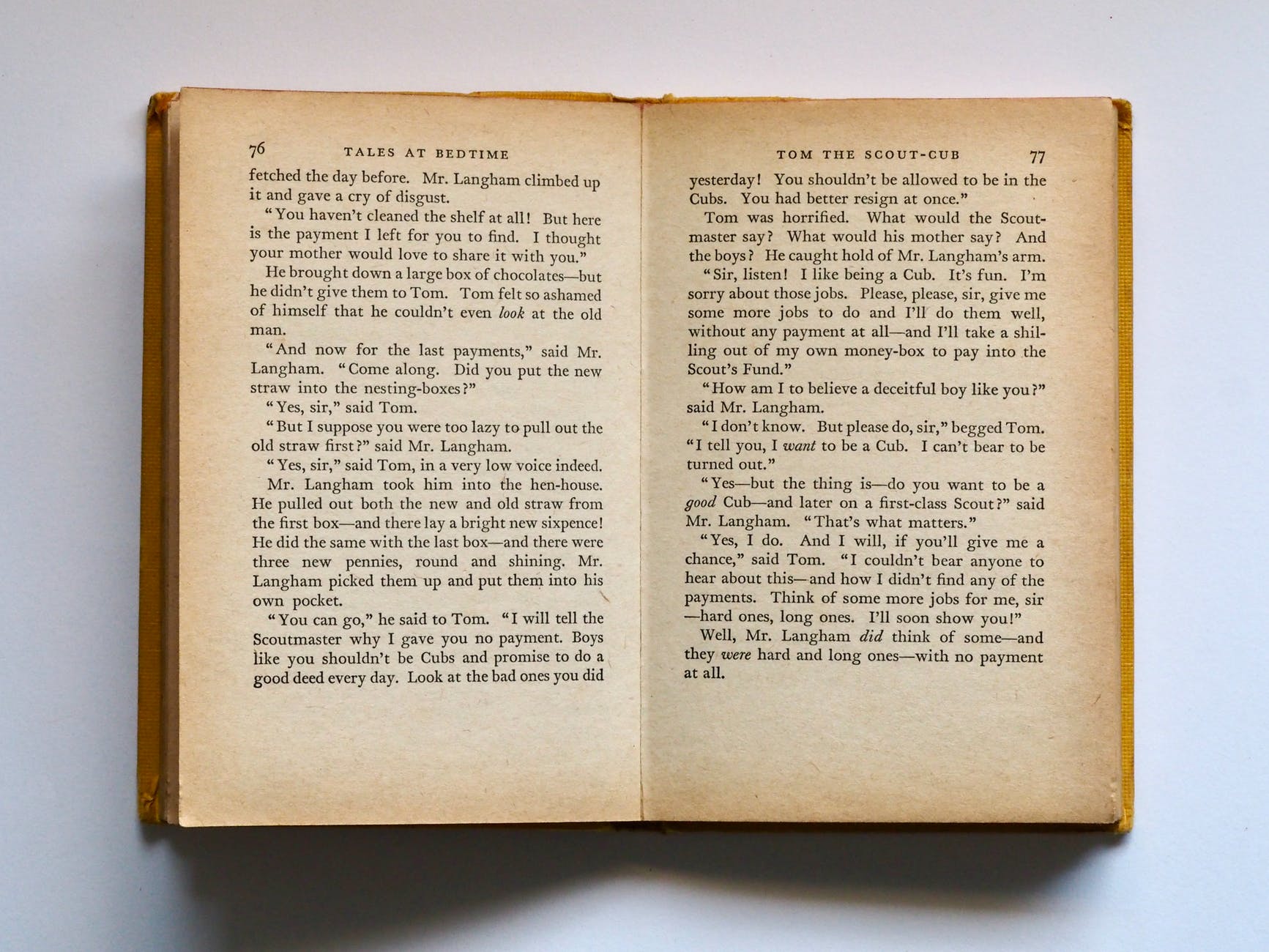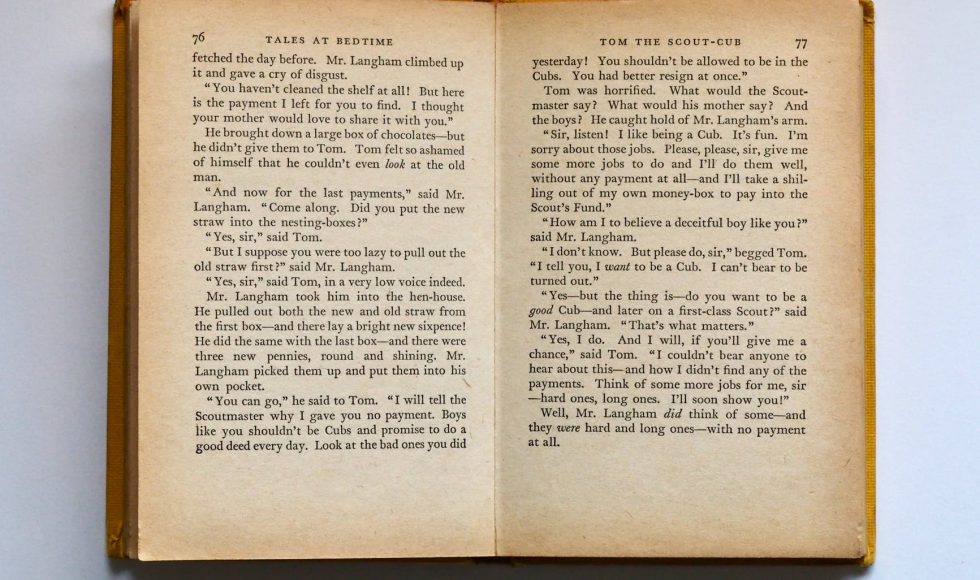“Help us Conceptualize our Student-Facing Copyright Guide from an Emancipatory Framework?” was the title of the Open Ed 2021 session I watched today. Jessica O’Reilly is a doctoral candidate at Athabasca University and instructor and along with Marnie Seal, the Manager of the Library & Learning Commons at Cambrian College presented this ten-minute session. I appreciate how they started their talk by asking for help and input from the audience. Seal talked about how at smaller institutions without a copyright office, it is difficult to relay important information to students and often it focuses on restrictions and warnings. Seal discussed this with O’Reilly and they thought that by empowering students about their creator rights and intellectual property, they could begin to break down some of the gatekeeping and hierarchy associated with traditional approaches to copyright discussions with students. O’Reilly wanted to demonstrate an ethos of care and invite learners to contribute to a public-facing website. This is similar to what I do with students in several courses and often feel awkward asking participants to make decisions about copyright. O’Reilly emphasized that we need to think about learners as creators and that there is an empowerment issue. They mentioned an element of “deschooling” to have conversations with all participants about what it means to be a knowledge producer. O’Reilly also stressed how our traditional approaches to copyright and student products need to be revisited to empower all and overcome traditional hierarchies. Seal wants to talk more about creative rights and use an inclusivity framework, stressing that guidance will be important with students working on research projects. This made me think about course-based research experiences and the importance of addressing intellectual property as part of the course. O’Reilly wants the guide to challenge assumptions within current practices and emerges from a goal to raise our critical conscience. For this, they shared a document they are working on: bit.ly/Copyright_EDI I will need to check this out and think about how we can include more time in courses to have discussions about intellectual property instead of just posting information or asking for permissions.



